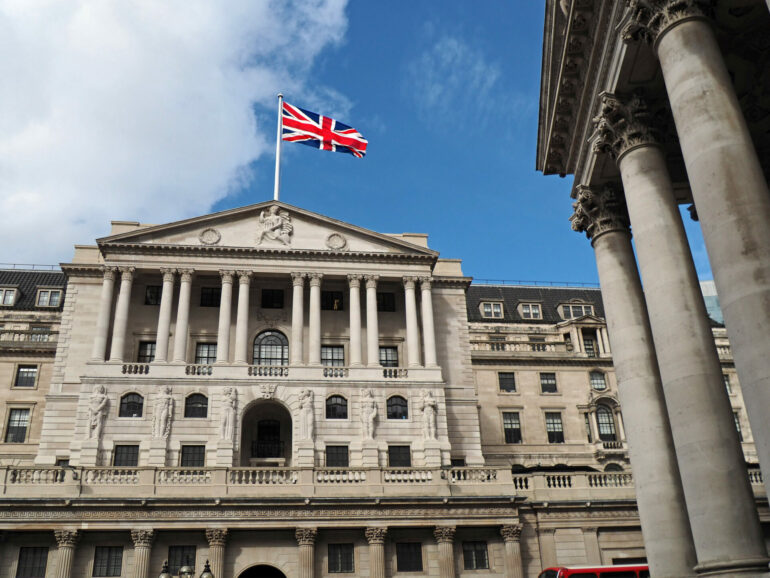With the money owed as a result of mortgage borrowing in the past 10 years, homebuyers have never been deeper into the bank’s back pocket, new research from debt advisory specialists, Henry Dannell has found.
Henry Dannell analysed Bank of England data on the volume of loan accounts and the total outstanding balance of these accounts in the current market and how this has changed over the last decade.
The research shows that currently there are almost 13.4m loan accounts open across the UK. This figure has remained largely consistent since 2014 but has reduced from 15.4m in 2010.
However, despite this marginal reduction in the number of households with open loan accounts, the outstanding sums owed to banks (lenders, and administrators) have climbed to their highest levels in the last decade.
In fact, the current outstanding balance sits at £1.613bn, up 34% versus 10 years ago, with this total value climbing almost every quarter since 2010 with the exception of just two occasions.
Henry Dannell also estimates that the individual sums owed by each household are also at a 10 year high. In 2010, the £1.206bn owed across 15.4m loan accounts equated to an average of £78,463 per account.
Today, the £1.613bn owed across 13.4m accounts equates to an average of £120,786 per account – a 54% increase.
Director of Henry Dannell, Geoff Garrett, said: “A prolonged period of record-low interest rates has certainly helped many homebuyers on their path to total homeownership but this environment has seen the volume of open loan accounts remain at a fairly consistent level.
“Of course, this has also tempted many into borrowing more, with high rates of house price growth also contributing to the largest outstanding balance owed in the last decade by quite some margin, with the average sum owed per household also climbing considerably.
“While we’re yet to see any meaningful hike in interest rates, further increases are on the cards in 2022 and so the sums owed by UK homeowners could become quite expensive once this growing rate of interest is factored in.”




